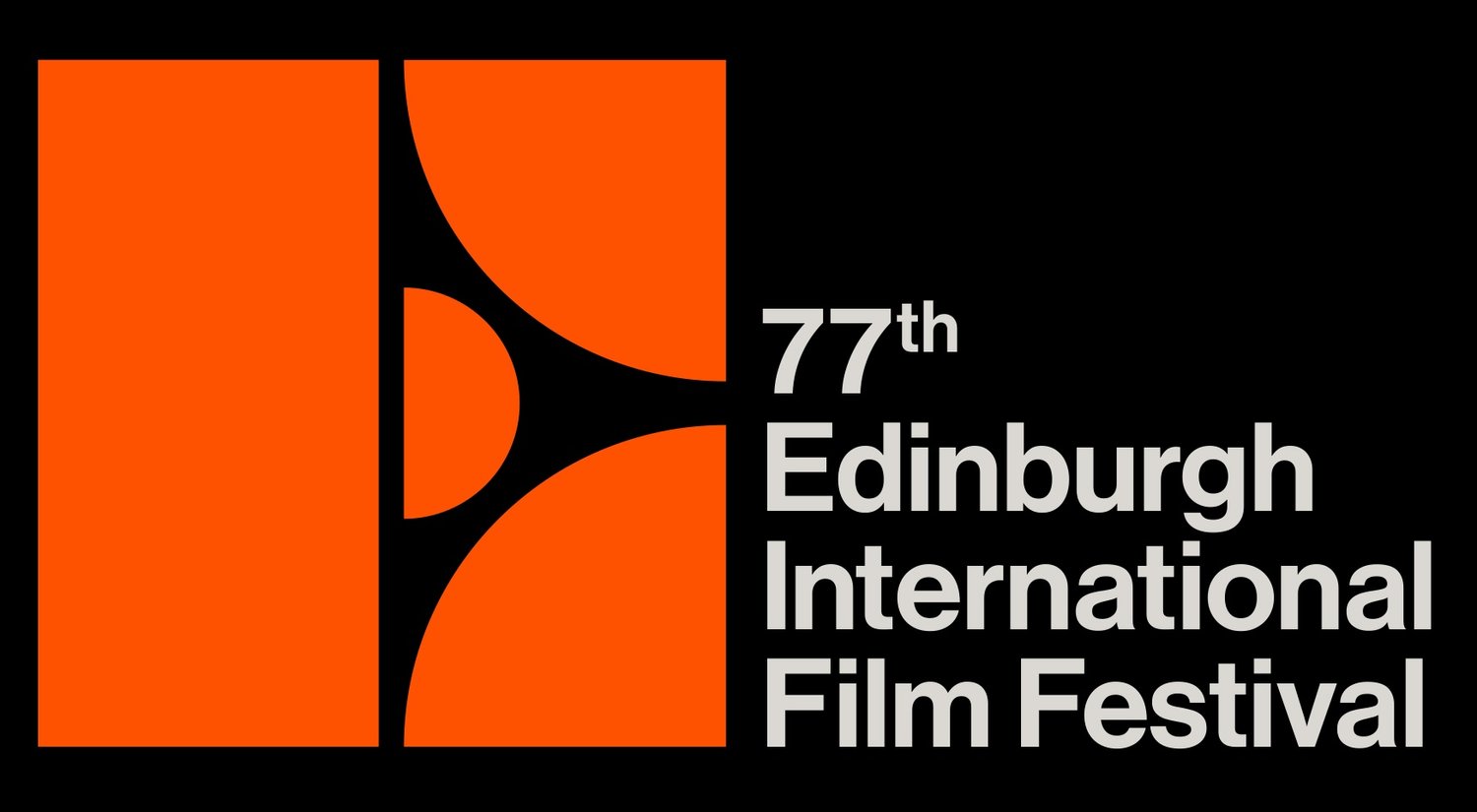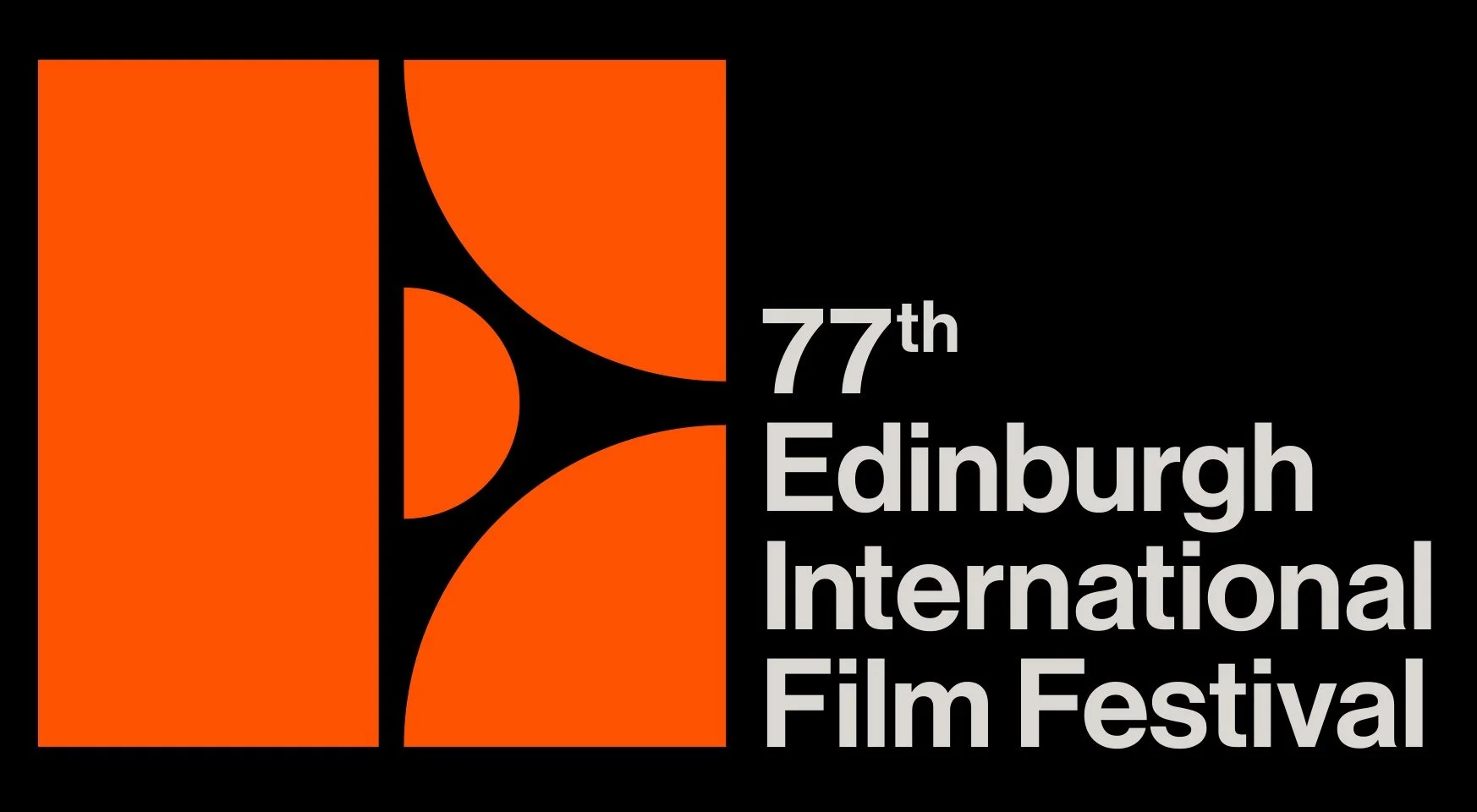15 — 21
August 2024
A revitalised Edinburgh International Film Festival (EIFF) will run from August 15 to August 21, 2024.
Spanning 7 days, the relaunched EIFF will honour 70+ years of festival history, showcasing the very best talent in filmmaking in a re-energised format that is rooted in a local Scottish context whilst embracing the international diversity of creative expression.
EIFF is poised to accelerate the discovery of new talent through the inauguration of two major competitions, The Sean Connery Prize for Feature Filmmaking Excellence and the Best Short Film (title TBC), with significant prize-money awarded to the filmmakers.
The EIFF’s August fixture now runs in parallel to a host of creative festivals taking place in Edinburgh, including Edinburgh International Festival and the renowned Edinburgh Festival Fringe, which sells millions of tickets to cultural connoisseurs from around the world. The EIFF will encourage general audiences, film buffs and industry professionals to make the trip this summer to Edinburgh, which is universally recognised as a place of beauty, history, discovery and adventure.
Helmed by Festival Director Paul Ridd and newly appointed Festival Producer Emma Boa, the team aims to create a world-class showcase for independent film and filmmaking talent. Former Acquisitions Executive Ridd is supported by an expanding Board, including Chair, Andrew Macdonald of DNA Films, producer of the iconic Edinburgh-based film Trainspotting; Peter Rice, former Chairman of General Entertainment at Disney and President of 21st Century Fox; and Amy Jackson, producer of last year’s BAFTA award- winning indie, Aftersun. EIFF 2024 is supported by Screen Scotland.
EIFF Director, Paul Ridd, says, “Our new look EIFF falls in a festival month where culture is alive and vibrant in the city, and we also arrive at a point of tremendous industry growth for Scotland with a production boom of streamers, studios and independents working side by side. We are so excited to present what we have in the works and we invite creators, industry leaders and independent film fans who want to be a part of the reimagining of a world-class festival to get in touch with the team, bookmark the EIFF website, and start planning travel to Edinburgh in August. Bring it on!”
Submissions to the 77th edition of EIFF are now open.
For press enquiries, please email eiffpress@premiercomms.com
To get in touch with the EIFF team, please email info@edfilmfest.org

